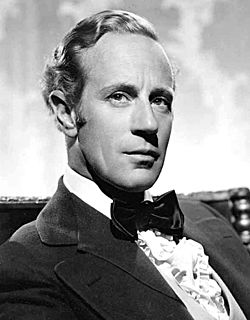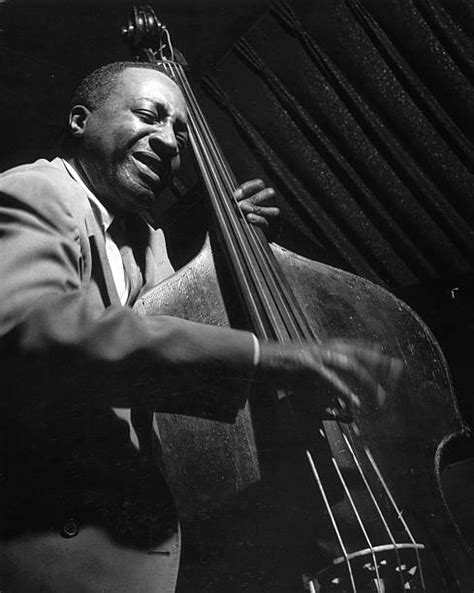A Quote by John Eldredge
What strikes me about Jesus is that he is a remarkably true person; he never changes his personality to fit in with whatever crowd he finds himself. He is simply himself, and he never plays to his audience.
Related Quotes
It was as if personality itself had a 'face'. This non-physical face of personality seemed to be the real key to personality change. It remained scarred, distorted, 'ugly' or inferior the person himself acted out this role in his behaviour regardless of the changes in physical appearance. If this 'face of personality' could be reconstructed, if old emotional scars could be removed, then the person himself changed, even without facial plastic surgery.
I believe that Jesus would have given His life for just one person. Jesus emptied Himself, He humbled Himself and He so yielded Himself to His Father's love that He had no ambition of His own. He was not looking to build an empire, He did not want praise or adulation or to impress people with who or how many followed Him. He stopped over and over again for just one person, for just one life.
Jesus has many lovers of His kingdom of heaven, but he has few bearers of His Cross. Many desire His consolation, but few desire His tribulation. He finds many comrades in eating and drinking, but He finds few hands who will be with Him in His abstinence and fastingBut those who love Jesus purely for Himself, and not for their own profit or convenience, bless Him as heartily in temptation and tribulation and in all other adversities as they do in time of consolation. And if He never sent them consolation, they would still bless and praise Him.
The man who is meek is not even sensitive about himself. He is not always watching himself and his own interests. He is not always on the defensive… To be truly meek means we no longer protect ourselves, because we see there is nothing worth defending… The man who is truly meek never pities himself, he is never sorry for himself. He never talks to himself and says, “You are having a hard time, how unkind these people are not to understand you.
A professional entertainer who allows himself to become known as a singer of folk songs is bound to have trouble with his conscience provided, of course, that he possesses one. As a performing artist, he will pride himself on timing and other techniques designed to keep the audience in his control ... his respect for genuine folklore reminds him that these changes, and these techniques, may give the audience a false picture of folk music.
Whether he sleeps or wakes,--whether he runs or walks,--whether he uses a microscope or a telescope, or his naked eye,--a man never discovers anything, never overtakes anything, or leaves anything behind, but himself. Whatever he says or does, he merely reports himself. If he is in love, he loves; if he is in heaven, he enjoys; if he is in hell, he suffers. It is his condition that determines his locality.
Modern man has transformed himself into a commodity; he experiences his life energy as an investment with which he should make the highest profit, considering his position and the situation on the personality market. He is alienated from himself, from his fellow men and from nature. His main aim is profitable exchange of his skills, knowledge, and of himself, his "personality package" with others who are equally intent on a fair and profitable exchange. Life has no goal except the one to move, no principle except the one of fair exchange, no satisfaction except the one to consume.p97.

































